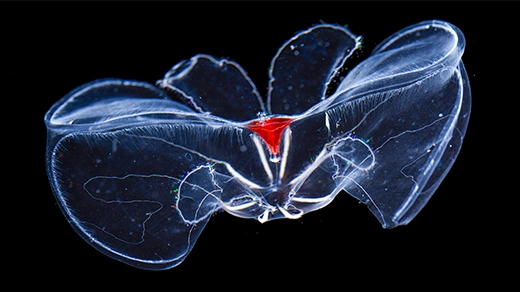Latest Articles
Science, Promise and Peril in the Age of AI
An exploration of how artificial intelligence is changing what it means to do science and math, and what it means to be a scientist.
AI Is Nothing Like a Brain, and That’s OK
The brain’s astounding cellular diversity and networked complexity could show how to make AI better.
Intelligence Evolved at Least Twice in Vertebrate Animals
Complex neural pathways likely arose independently in birds and mammals, suggesting that vertebrates evolved intelligence multiple times.
Concept Cells Help Your Brain Abstract Information and Build Memories
Individual cells in the brain light up for specific ideas. These concept neurons, once known as “Jennifer Aniston cells,” help us think, imagine and remember episodes from our lives.
Fish Have a Brain Microbiome. Could Humans Have One Too?
The discovery that other vertebrates have healthy, microbial brains is fueling the still controversial possibility that we might have them as well.
How the Human Brain Contends With the Strangeness of Zero
Zero, which was invented late in history, is special among numbers. New studies are uncovering how the brain creates something out of nothing.
The Cellular Secret to Resisting the Pressure of the Deep Sea
Cell membranes from comb jellies reveal a new kind of adaptation to the deep sea: curvy lipids that conform to an ideal shape under pressure.
How Colorful Ribbon Diagrams Became the Face of Proteins
Proteins are often visualized as cascades of curled ribbons and twisted strings, which both reveal and conceal the mess of atoms that make up these impossibly complex molecules.
What Happens in a Mind That Can’t ‘See’ Mental Images
Neuroscience research into people with aphantasia, who don’t experience mental imagery, is revealing how imagination works and demonstrating the sweeping variety in our subjective experiences.









